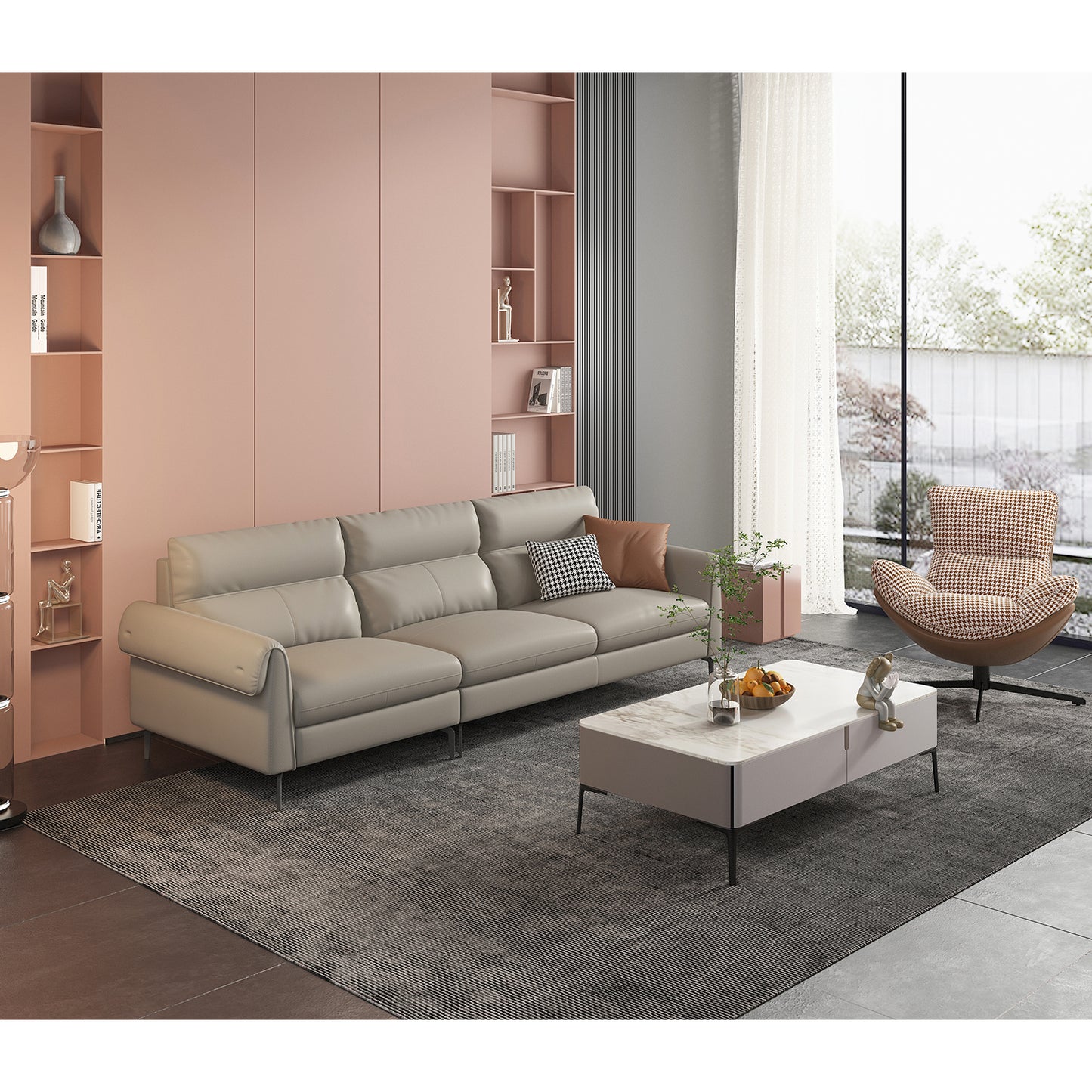The living room is the heart of the home, and the sofa is its centerpiece. As we look ahead to 2024, the living room industry is poised for exciting transformations. From sustainable materials to smart technology, the future of sofas is brimming with innovation. This article delves into the top trends that will shape the living room industry in the coming year.

Sustainable and Eco-Friendly Materials
One of the most significant trends in the future of sofas is the shift towards sustainable and eco-friendly materials. As environmental consciousness grows, consumers are increasingly seeking furniture that aligns with their values. Expect to see sofas made from recycled fabrics, organic cotton, and responsibly sourced wood. These materials not only reduce the environmental footprint but also offer durability and comfort.
For instance, sofas upholstered in recycled polyester or natural fibers like hemp and linen are becoming popular. Additionally, manufacturers are exploring innovative ways to repurpose waste materials, such as using ocean plastics to create stylish and sustainable sofa designs.
Smart Technology Integration
The integration of smart technology into sofas is another trend that will define the living room industry in 2024. Imagine a sofa that can adjust its firmness based on your preferences or one that has built-in speakers and charging ports. These advancements are not just about luxury; they enhance the functionality and convenience of living spaces.
For example, some sofas now come with embedded sensors that monitor your posture and provide feedback to improve your seating habits. Others feature heating and cooling elements to ensure optimal comfort throughout the year. As smart homes become more prevalent, the demand for tech-savvy furniture will continue to rise.
Modular and Customizable Designs
Flexibility and personalization are key aspects of the future of sofas. Modular and customizable designs allow homeowners to tailor their furniture to their specific needs and preferences. This trend is particularly appealing to those living in smaller spaces or frequently rearranging their living areas.
Modular sofas can be easily reconfigured to fit different room layouts or accommodate more guests. Customizable options enable consumers to choose the fabric, color, and even the type of cushioning that best suits their style and comfort requirements. This trend reflects a broader shift towards personalized and adaptable living environments.
Bold Colors and Patterns
In 2024, expect to see a departure from neutral tones as bold colors and patterns take center stage in the living room industry. Vibrant hues like deep blues, rich greens, and warm terracottas will dominate sofa designs, adding a touch of personality and flair to living spaces.
Patterns, too, are making a comeback. From geometric prints to floral motifs, patterned sofas can serve as statement pieces that elevate the overall aesthetic of a room. This trend encourages homeowners to experiment with color and design, creating unique and visually appealing interiors.
Conclusion
The future of sofas is an exciting blend of sustainability, technology, customization, and bold design. As we move into 2024, these trends will redefine the living room industry, offering consumers innovative and stylish options for their homes. Whether you're looking to make an eco-friendly choice, embrace smart technology, or simply add a pop of color to your living space, the future of sofas has something for everyone.
Stay tuned as these trends continue to evolve, shaping the way we experience comfort and style in our living rooms. The future of sofas is not just about furniture; it's about creating spaces that reflect our values, preferences, and lifestyles.








